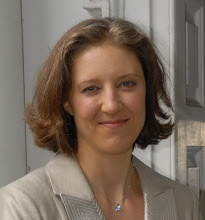When meeting someone new, and after answering the ‘What do you do?’ question, nine times out of ten the person will follow that with an enquiry as to whether I compete. My answer is always, “No”. And then I usually give the response, “Hapkido is an art of self-defence” or “we compete against ourselves not others”. But what does that actually mean?
Two ways in which an instructor/coach or leader can manage the environment that they create is through
1. An ego climate
2. A task oriented climate.
An
ego climate is all about competition and being the best. Students are compared to others. Success & outcomes (at any cost) are highly emphasized. This sort of environment creates anxiety within the participants as there is a constant need to be better than others and to be told they are the best. Unfortunately there is only ever one winner -which naturally makes everyone else a loser. People begin to doubt their ability; and those with lower levels tend to drop out. No one can be successful all the time, so naturally people start feeling like failures. Motivation is all extrinsic; there is a high need for that external reward.
In contrast,
a task climate is primarily about personal growth. Students seek to improve their personal best and focus on technique and goals. People tend to give more time and effort to training; they try harder and feel lower anxiety. Amongst participants there is open communication and mutual respect. Confidence increases as does enjoyment. Motivation tends to be intrinsic; the reward is internal.
Even in competitive environments, good coaches want to develop task centred learning. If you think about the backdrop of low funding, the competitive nature of sport and the time required to achieve excellence, athletes must have high levels of intrinsic motivation in order to have any chance of success or longevity.
If we want to really learn something, we have to allow ourselves to be rubbish and to take enjoyment out of putting time in and seeing slow progress. If we worry about how good we are compared to others, it’ll only be a matter of time until we drop out.
That’s why black belt isn’t a destination … it’s a sign post along the way. And that’s also why, “no, we don’t have competitions”.

